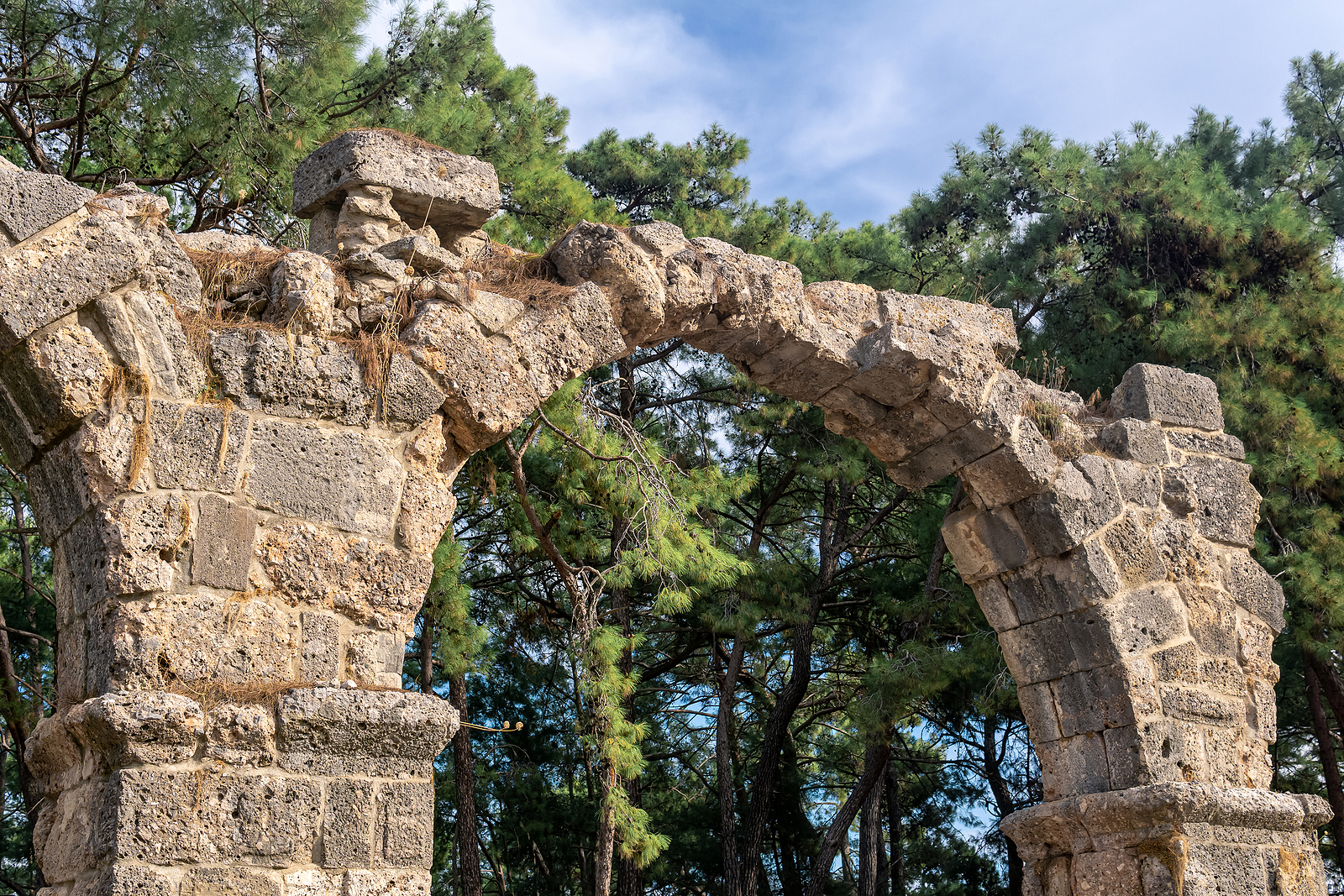It’s common today for people in America and Western cultures to think modern plumbing is a Western invention—but you may be surprised to find out plumbing is far more ancient, and way cooler, than most people realize!
Which civilization took the first steps toward modern plumbing is a matter of debate. Mesopotamia seems to have the best claim to the earliest known modern plumbing, exploring the use of clay pipes to capture rainwater in cisterns and wells, as well as to remove wastewater from sacred sites such as the Temple of Bel, as early as 4000BCE. This technology, which was also used in ancient Egypt to manage water flow in harmony with the rise and fall of the Nile River, soon spread throughout the ancient world. Excavations in the Indus River Valley in India have also revealed clay pipes dating back as far as 2700BCE that were used to divert river water to irrigate fields.
However, the ancient Egyptians and Indians soon moved beyond clay pipe as they developed copper alloys, and the idea of forming these alloys into sheets, between 4,000-3,000BCE. From there, it was only a short leap of logic to replace clay pipes with copper, which was more pliant and durable, to carry water from major arteries, both to irrigate crops and to provide drinking water to the populations of cities. Palaces in both Egypt and India still retain evidence of this plumbing to this day.
Remember, these advances may seem primitive to us today, but at the time, this was hugely expensive, “man-on-the-moon level” technology. So, the next time you turn on a faucet or flush a toilet, take a moment to consider that this simple task might not be possible for us today without the ingenuity of the ancient Mesopotamians, Egyptians, and Indians!


While it is true that plumbing has ancient origins, one unique insight to consider is the role of ancient civilizations in developing sophisticated plumbing systems. For example, the Indus Valley Civilization, which existed around 2500 BCE, had an advanced sewage and drainage system. They built intricate networks of underground channels and covered drains, showcasing their remarkable understanding of hydraulics and urban planning.
This insight challenges the notion that modern plumbing is solely a Western invention. It highlights the importance of recognizing the contributions of ancient civilizations in shaping the development of plumbing systems. By acknowledging these historical advancements, we can gain a deeper appreciation for the ingenuity and knowledge of our ancestors, while also realizing the interconnectedness of human progress across different cultures and time periods.